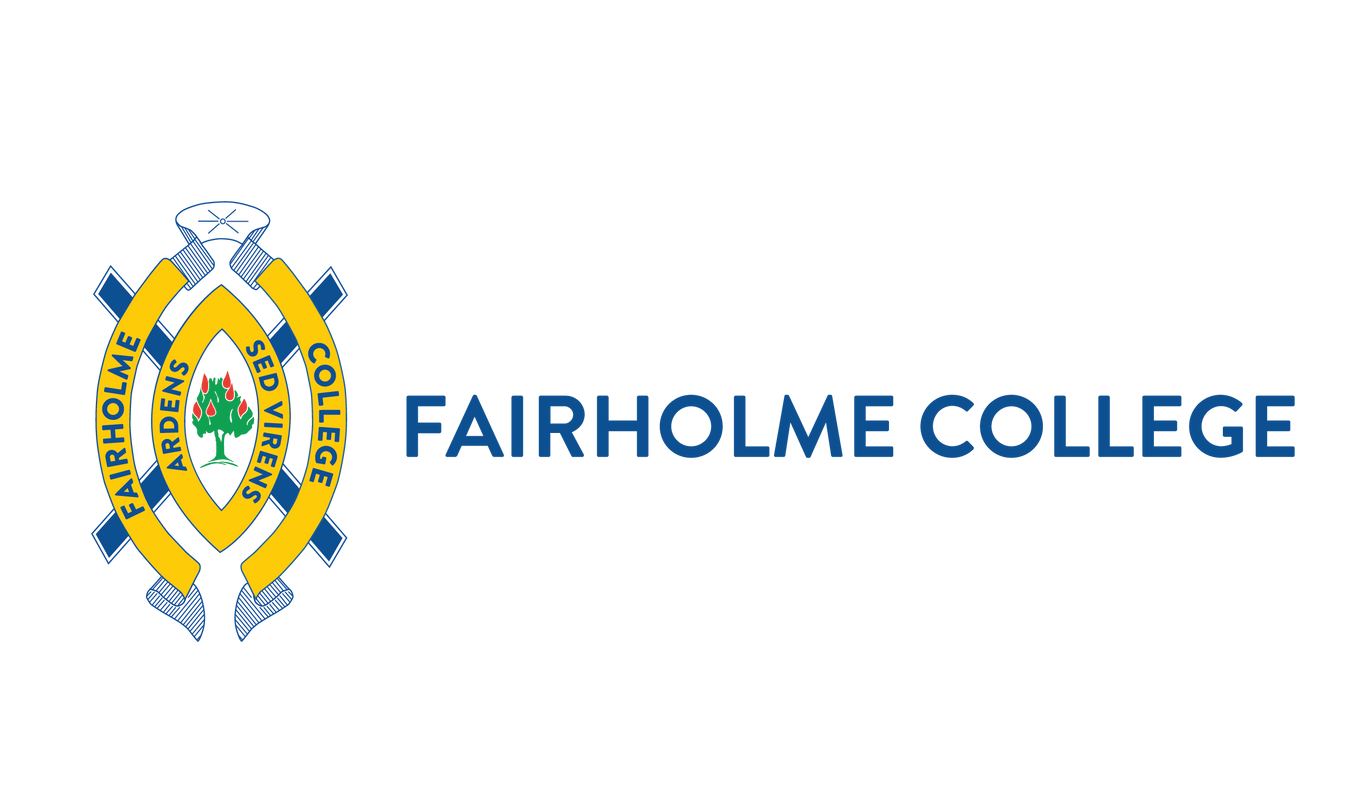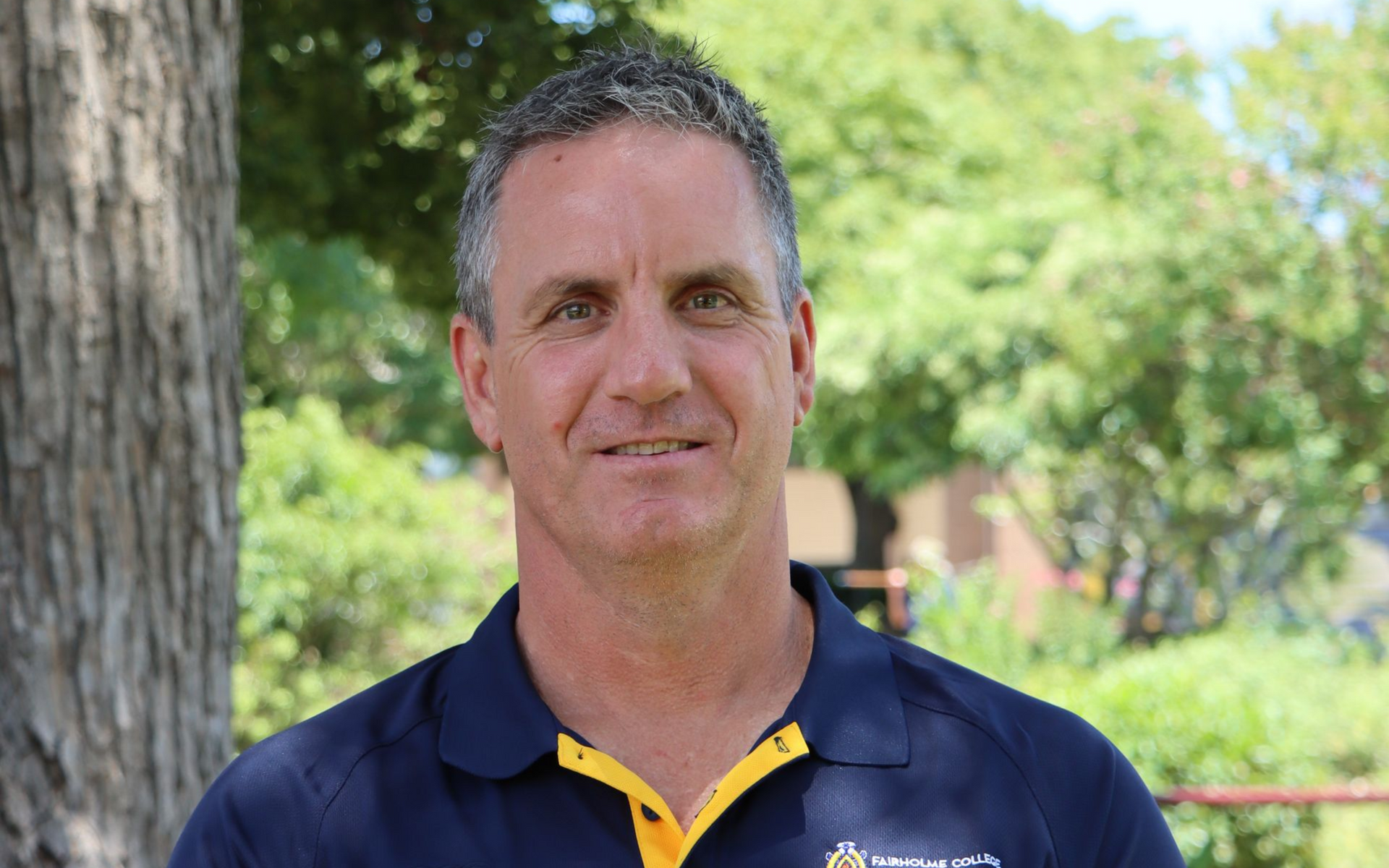Never Ever Ring The Bell ...
January 31, 2025
Beginning. Starting. Commencing. What does beginning well actually look like?
Sometimes when we expect a perfect start, we overlook the quiet power of simply showing up, the world is run by those who show up. Those people who never, ever ring the bell, those people who show up, even when it is hard to do so, especially when it is hard to do so. Brene Brown reminds us that “the willingness to show up changes us, it makes us a little braver each time we do.” In enacting bravery, it is important to start small if that’s what it takes.
American Naval Admiral, William McRaven says this: “If you want to change the world, start off by making your bed. If you can’t do the little things right, then you will never do the big things right.” He believes in persistence. His mantra is this: don’t ever, ever ring the bell. He refers to the initial training for the United States of America Navy Sea, Air, and Land Teams the SEALS. Their initial training sees more than 80 percent of participants drop out.
During this training, a brass bell hangs in the center of the room for all the students to see. If they find the work too hard. If they decide against becoming a SEAL. All they have to do to quit—is to ring the bell. Ring the bell and they no longer have to wake up at 5 o’clock. Ring the bell and they no longer have to complete freezing cold swims. Ring the bell and they no longer have to endure long runs carrying heavy weights, the obstacle courses, or to suffer the hardships of training. Just ring the bell and it’s all over.
When exhausted SEAL candidates reach their breaking point, they haul themselves to the bell and ring it three times. The sound echoes through the training grounds and announces publicly that another candidate has “opted out.” All they have to do is ring the bell. Just ring the bell and the hard work stops.
I wonder if Lilli Hamilton (Queensland cricketer and HEAT member) rang the bell when Cricket training no longer felt like it was fun, or if Alex Edwards (Australian Orienteering representative) opted out of orienteering because frankly, the distance was too far, or if Scarlett Sippell (Emus National Youth Touch Football Squad member) gave up because training was too tough …. what they would miss out on … When we opt out, even when it is hard, we also miss out on possibilities.
There are so many opportunities at Fairholme to achieve one’s best - academically. In the Arts. In Sport. Opportunities to serve others. To be a good friend – a good person. But then again, if any of those things are too hard, all anyone has to do is – opt out. Say it’s too hard. Say they didn’t get selected in the right team. Say their teachers didn’t give them the right results. Say they weren’t given the right position. Text their parents and tell them that Fairholme is awful. All they have to do, is ring the bell.
Yet, if we want to change the world, If we want to get the best out of this year at Fairholme, whatever that involves - never ever give up. Start small, aim big. Always show up. Don’t give up. Don’t ever, ever ring the bell. The most meaningful changes in life are often built in the times that no one sees, and, importantly, in the daily decision to simply show up, and to show up for others.
When my daughter, Natalie was twenty-one, she began her teaching career at an Autism specialty school in Brixton, London. She would phone me often: for advice, for debriefing, for re-setting – her school was classified as being in Special Measures – it was on the brink of closure. Often, when she phoned to describe her day – to talk about the boys in her class, all aged 12 or 13, it went a little like this: “Today, Mashley threw a chair through a window because he didn’t like the activity we were doing. I had to break up a fight at lunch. Jerome pulled a knife on me. Three boys in my class have joined gangs.” I wanted to say: “Natalie: get another job. That one is too dangerous.” I wanted to fly her home from London, immediately. I had to stop the urge to board the next plane to London and rescue her. But my advice to her – was this: Show up. Keep showing up. No matter how you feel… Get up, dress up, show up: don’t give up. These kids need to know that someone cares enough to show up. After all, when we show up for others, we can affect the most profound of changes.
I am always intrigued about who shows up here at Fairholme – especially at difficult times. In 2011 when floods ravaged Toowoomba and so much of Fairholme was flooded – staff showed up - in their holidays. They turned up to rip up carpets, move furniture, clean floors, and walls. Last year, in the sadness of Sess’ passing our community showed up, in droves, with deep compassion – importantly, our community showed up for one another.
I think of 2024 Year 12s who showed up for others, after they had officially finished attending classes at and were preparing for or undertaking their external exams. Lizzy Kelly and Ciara Teahan showed up to play in the stage band, for the Year 11 Leaders Assembly, so that the group could perform at its best. Roma Aarons came to an Assembly in November to share a fabulous rendition of ‘Hotel California’. On a Sunday morning, early in December, graduated students Rachel Yap, Alana Callaghan, Amelia Ramia and Roma Aarons, showed up at Rosies to prepare food for Toowoomba people who don’t have easy access to basic necessities.
After last year’s Interschool Athletics Carnival, Clare Hogan noticed staff picking up loads of lost property and carrying it into the Assembly Hall. She asked – Can I help?
When we show up, especially when it is for others, especially when it’s hard, we learn a lot about ourselves and others. The students at the school where my daughter taught in Brixton, London – needed teachers to show up, they needed people to notice them, they needed interest, care, attention. They needed to know that they mattered.
The willingness to show up changes us. It makes us a little braver each time, particularly when we show up for others.
Show up. Keep showing up. Show up for others. And remember the advice of Naval Admiral, William McRaven … even when it’s hard, don’t ever, ever ring the bell.
Begin well, continue well, finish well.
Dr Linda Evans│Principal
More News…
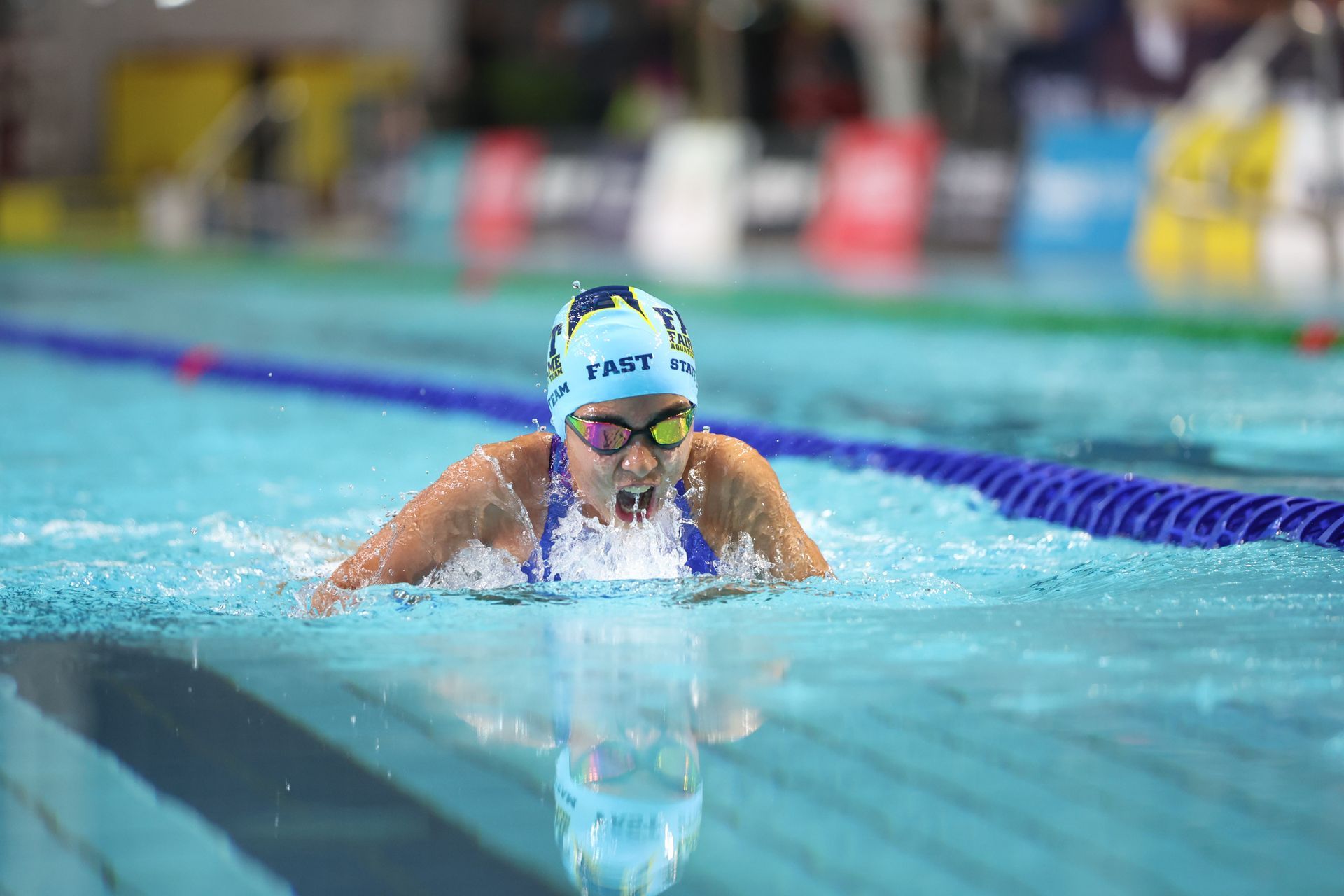
Congratulations to Year 9 student, Mia Geise, on her outstanding performance at the 2025 Hancock Prospecting Queensland Swimming Championships. Representing Fairholme Aquatics Swim Club, Mia set new personal bests over the holidays in four of her five events and walked away with an impressive haul of medals and records. Her championship results included: > 4 silver medals in the 12-14 Years Multi-Class 100m Breaststroke, 50m Backstroke, 50m Butterfly and 50m Breaststroke > Australian Records in the Open and 13 Years and Under Multi-Class 100m Breaststroke (SB16 Category) > Queensland Multi-Class Records in the Open 100m Breaststroke, Open 50m Backstroke, and 13 Years events across 50m Freestyle, 100m Breaststroke, 50m Backstroke and 50m Butterfly One of the standout moments of the championships was Mia’s qualification for three open finals, where she competed against some of the country’s most experienced swimmers, including two Paralympians and athletes who have represented Australia on the international stage. In elite company, Mia more than held her own, finishing 4th in the 50m Breaststroke, 5th in the 100m Breaststroke, and 6th in the 50m Backstroke. What makes these achievements even more extraordinary is the context behind them. Mia only returned to competitive swimming in December 2024, following an almost three-year break after undergoing her second liver transplant. Her results at this championship are not only a testament to her talent, but to her resilience, determination and unwavering commitment to the sport she loves. Adding to the celebrations, Mia’s coach Michael (Mick) Winton was recognised for his outstanding work at the Swim Coaches and Teachers Australia Awards, held during the championships. Mick was awarded the 2025 Multi-Class Emerging Championship Coach Award, a well-deserved honour that acknowledges his dedication and leadership in supporting Mia’s development over the past year.
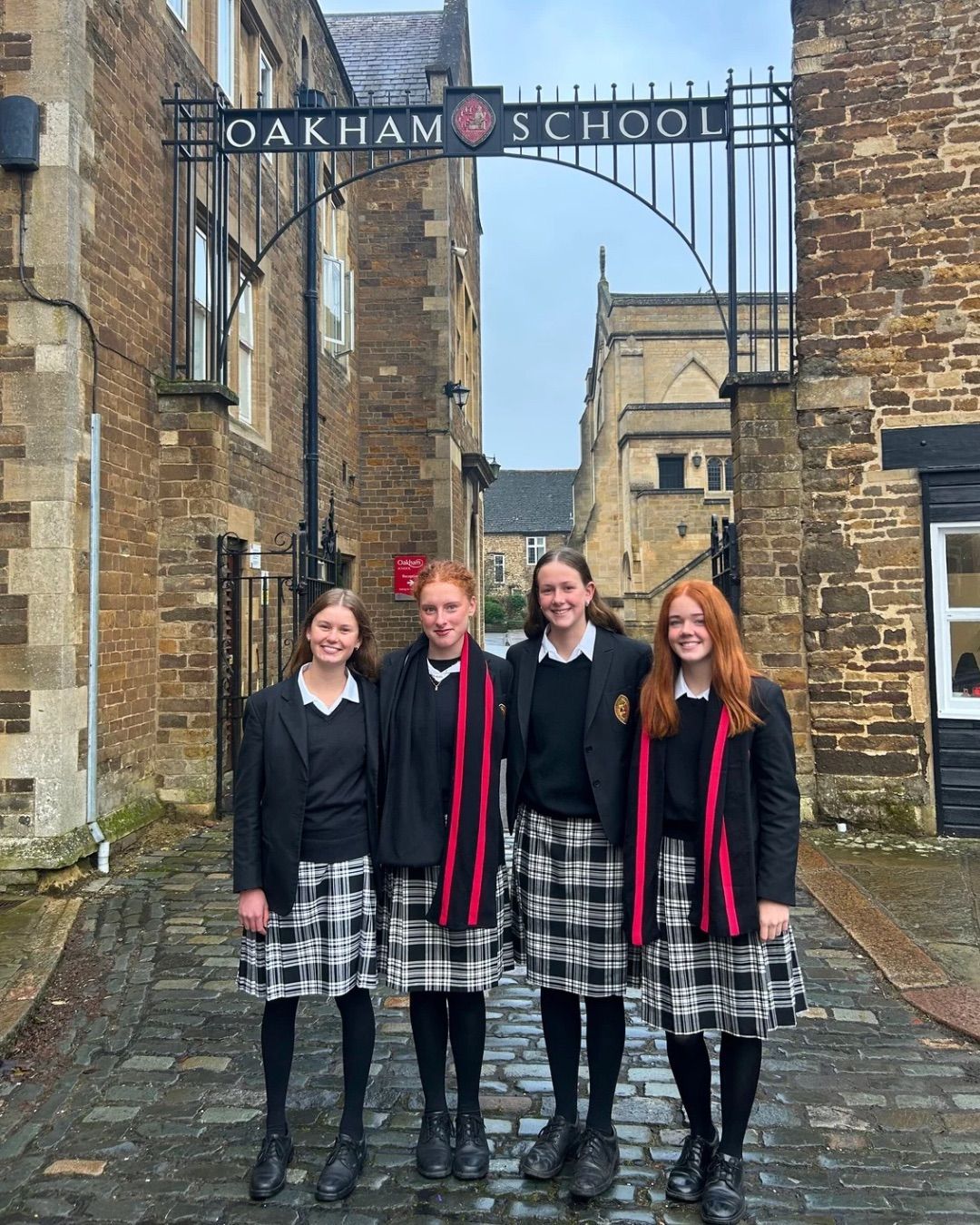
Fairholme Year 10 students Georgie Cussons, Amelia Taylor, Anna Le Lievre and Claire Longmire are making the most of their exciting exchange at Oakham School in the United Kingdom, where they will spend six weeks fully immersed in British school life. From classroom learning and social events to sporting fixtures, the girls have wasted no time settling in and making the most of every opportunity. Also in the UK, Gemma Sullivan has begun an 11-week exchange at Bryanston School, where she is already keeping busy through her involvement in netball and the school’s swim, bike, run team. Cindy Deng is likewise enjoying her time abroad, experiencing the traditions and daily life of Rugby School during her own 11-week exchange. Back at Fairholme, we are delighted to be welcoming international students into our community. Joining us for Term 1 are Sienna Hoffman from Bryanston School and Charlotte Campbell from Rugby School, along with Mei Kawasaki and Rio Usami from Keisen High School in Japan. Each brings a unique perspective to campus life, enriching our classrooms and strengthening the global connections that sit at the heart of the Fairholme exchange program.


